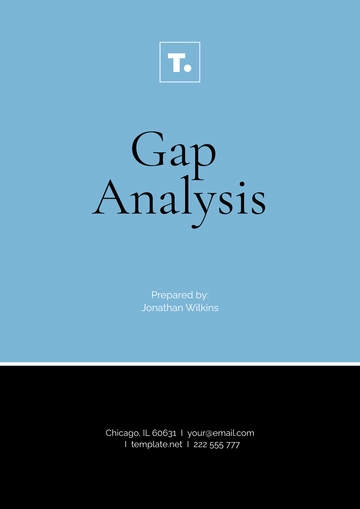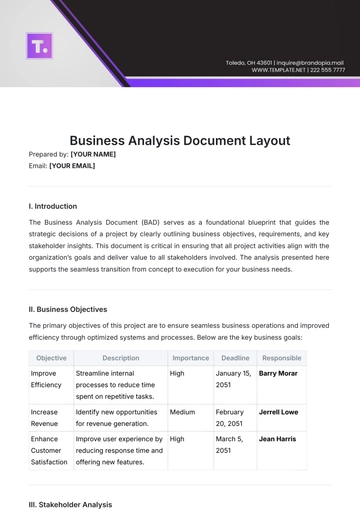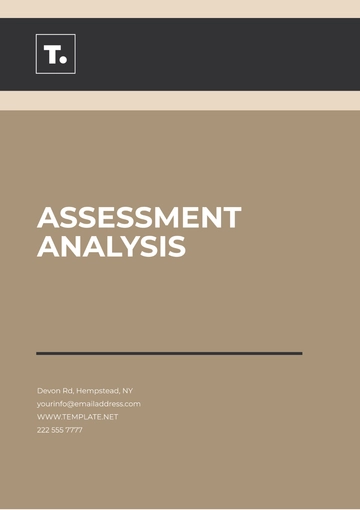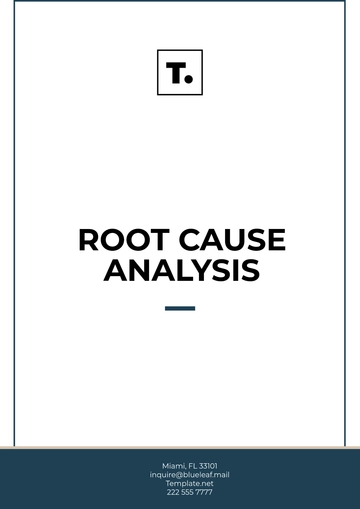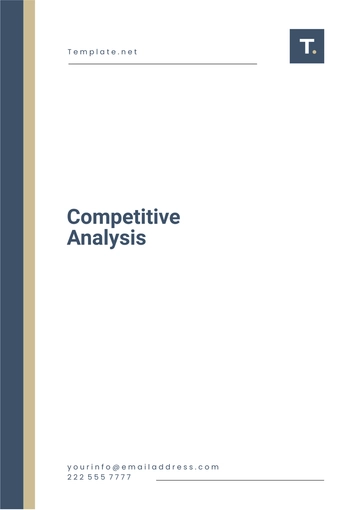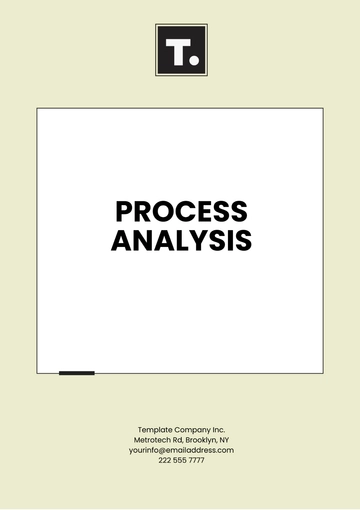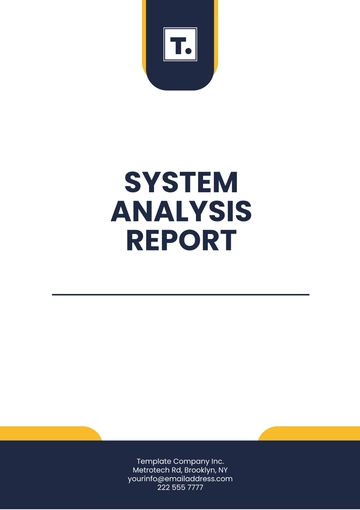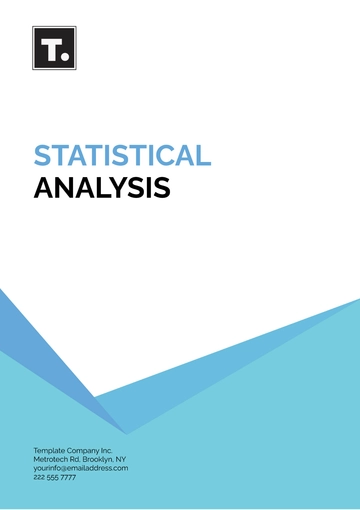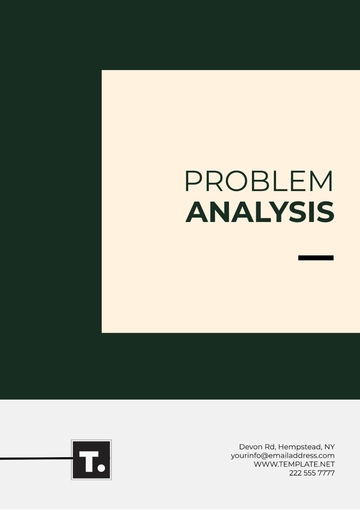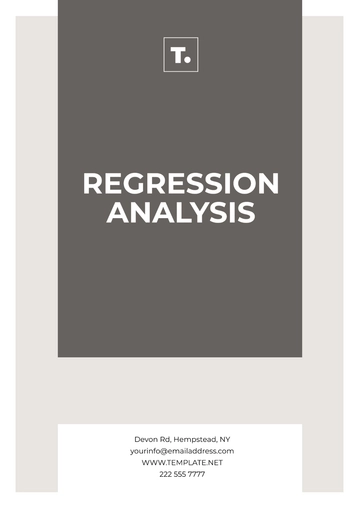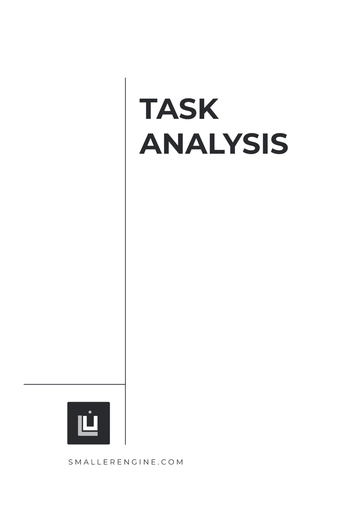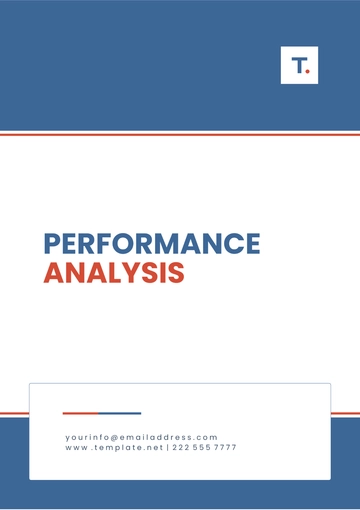Free Literary Analysis Rubric
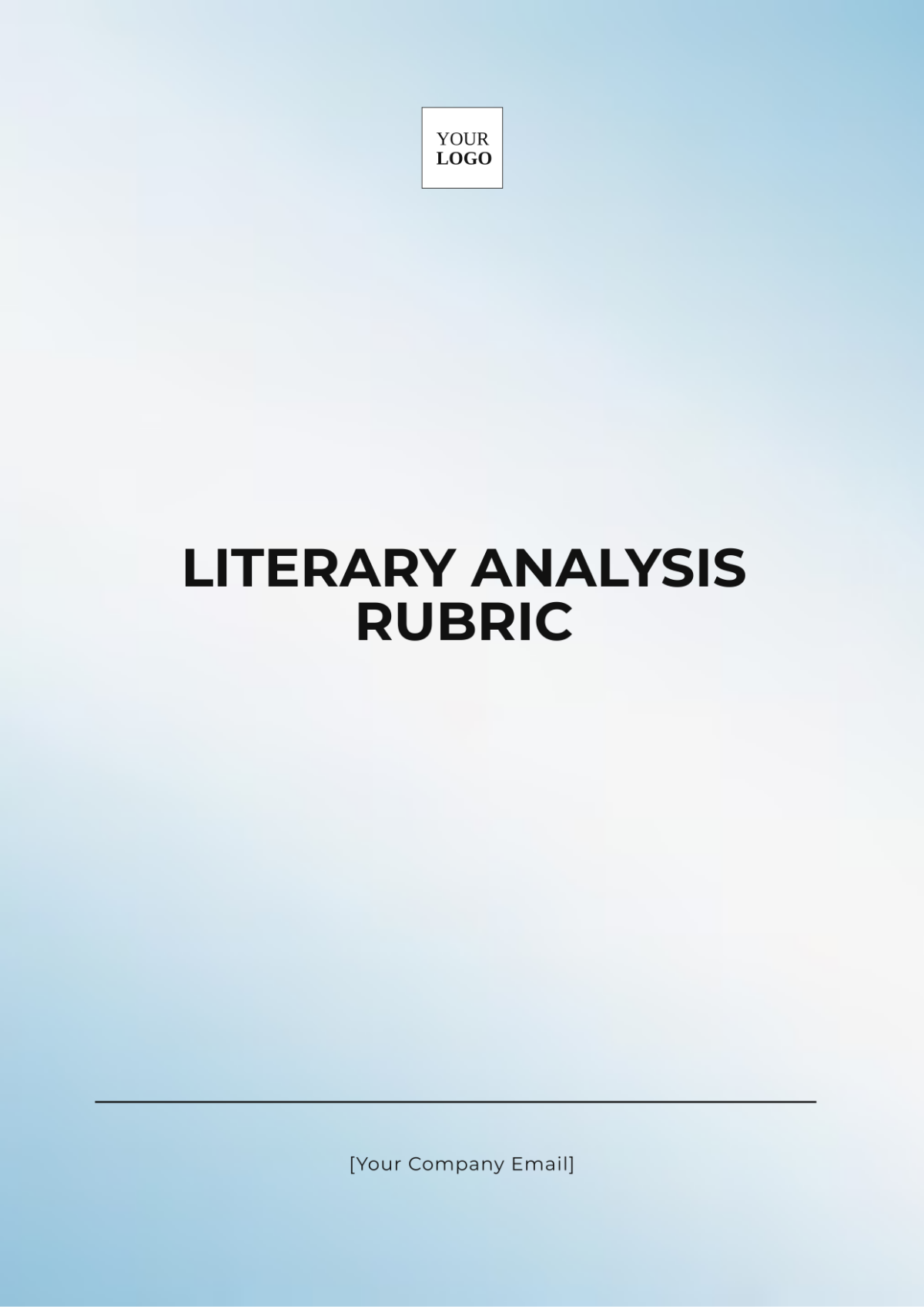
Prepared By: [Your Name]
Date: [Date]
Introduction
The Literary Analysis Rubric is a comprehensive tool designed to evaluate and assess the quality of literary analyses. This rubric provides educators and students with a clear set of criteria and standards for grading or providing feedback on literary interpretation and writing quality. The rubric addresses various aspects of literary analysis, ensuring a thorough and detailed assessment of the work. The following sections break down the key criteria included in the rubric and guide their application.
Criteria for Evaluation
Thesis Statement
A strong thesis statement is essential for a successful literary analysis. This criterion assesses the clarity, originality, and relevance of the thesis statement. A well-crafted thesis should articulate a clear and insightful argument that guides the analysis.
Level | Description |
|---|---|
4 - Excellent | The thesis is clear, original, and well-articulated, offering a precise and insightful argument. |
3 - Proficient | The thesis is clear and relevant, though it may lack some originality or depth. |
2 - Satisfactory | The thesis is present but may be unclear or too broad, lacking a strong central argument. |
1 - Needs Improvement | The thesis is either missing, unclear, or irrelevant to the literary work being analyzed. |
Textual Evidence
Textual evidence is crucial for supporting the thesis and arguments in a literary analysis. This criterion assesses the quality, relevance, and integration of textual evidence in the analysis.
Level | Description |
|---|---|
4 - Excellent | Strong and appropriate textual evidence is seamlessly integrated to support key points. |
3 - Proficient | Textual evidence is used effectively but may not be fully integrated into the argument. |
2 - Satisfactory | Some textual evidence is present but may be insufficient or only partially relevant. |
1 - Needs Improvement | Textual evidence is either lacking, irrelevant, or poorly integrated into the analysis. |
Interpretation and Analysis
This criterion evaluates the depth and originality of the interpretation and analysis. It assesses the student's ability to explore and discuss literary elements, themes, and their significance.
Level | Description |
|---|---|
4 - Excellent | Insightful and detailed interpretation with a deep understanding of literary elements and themes. |
3 - Proficient | Solid interpretation and analysis with a good understanding of literary elements and themes. |
2 - Satisfactory | Basic interpretation and analysis with a limited understanding of literary elements and themes. |
1 - Needs Improvement | Superficial or lacking interpretation and analysis with little understanding of literary elements and themes. |
Organization
A well-organized literary analysis enhances clarity and readability. This criterion assesses the logical flow of ideas, coherence, and structure of the analysis.
Level | Description |
|---|---|
4 - Excellent | A clear, logical, and well-structured organization that enhances the analysis. |
3 - Proficient | Organized and coherent structure with a logical flow of ideas. |
2 - Satisfactory | A basic organization with some coherence, but may have a few logical gaps. |
1 - Needs Improvement | Poorly organized with unclear or illogical flow of ideas. |
Writing Quality
Writing quality is fundamental for effective communication in a literary analysis. This criterion assesses grammar, style, syntax, and overall writing quality.
Level | Description |
|---|---|
4 - Excellent | Exceptional writing quality with no grammatical or syntactical errors and a highly engaging style. |
3 - Proficient | Good writing quality with minor errors and a clear, engaging style. |
2 - Satisfactory | Basic writing quality with several errors and a plain style. |
1 - Needs Improvement | Poor writing quality with frequent errors and a disengaging style. |
Conclusion
The Literary Analysis Rubric serves as a valuable tool for both educators and students. By providing clear and detailed criteria for evaluating various aspects of literary analysis, it helps ensure a thorough and objective assessment. Utilizing this rubric can contribute to a deeper understanding of literature and the development of strong analytical and writing skills.
- 100% Customizable, free editor
- Access 1 Million+ Templates, photo’s & graphics
- Download or share as a template
- Click and replace photos, graphics, text, backgrounds
- Resize, crop, AI write & more
- Access advanced editor
Enhance your evaluations with the Literary Analysis Rubric Template from Template.net. This editable and customizable template is designed to streamline the assessment of literary analyses, providing clear criteria for grading. Perfect for educators, it allows you to tailor the rubric to fit any curriculum or specific requirements, ensuring a fair and consistent evaluation process. Available exclusively at Template.net.

